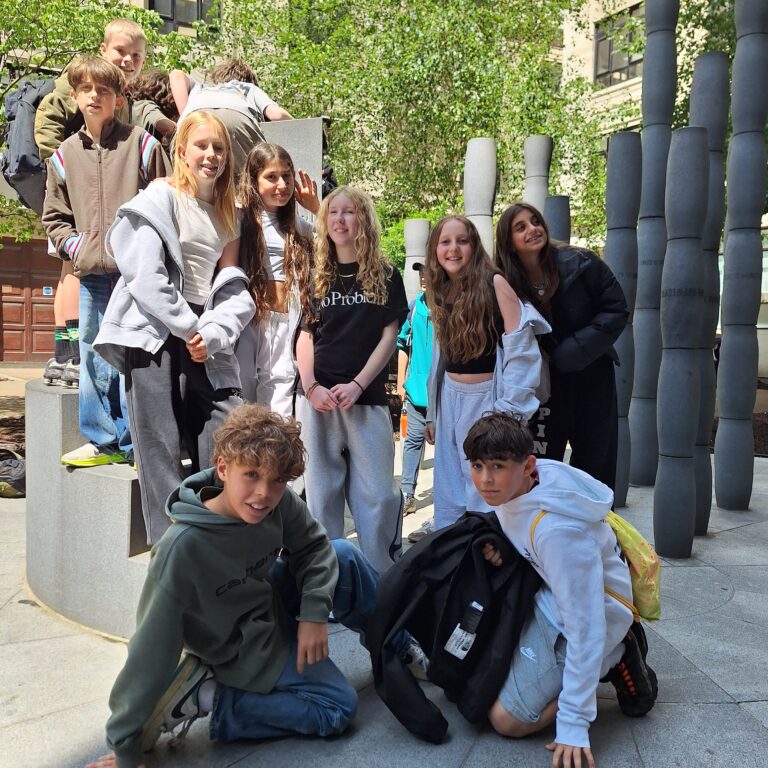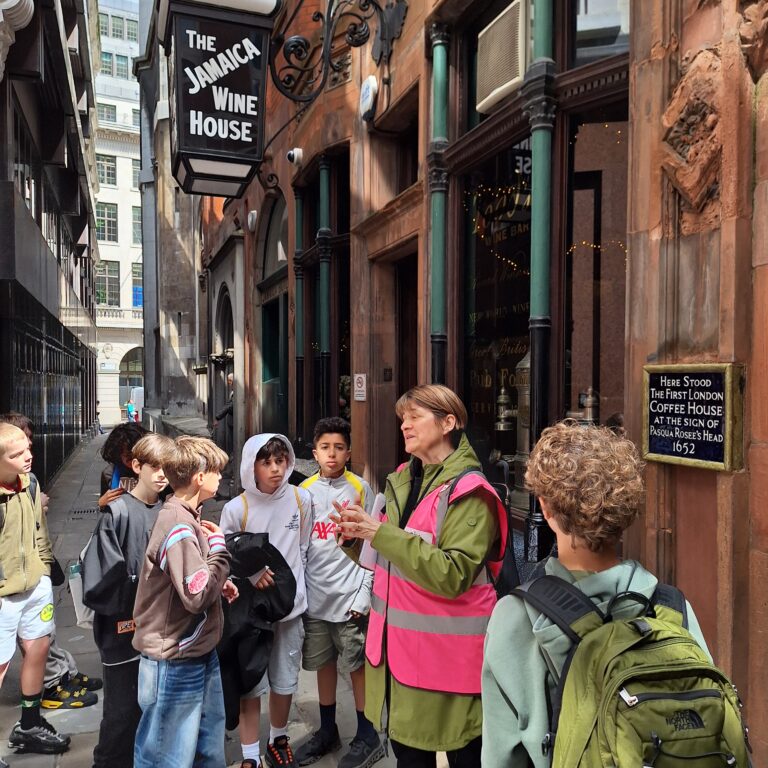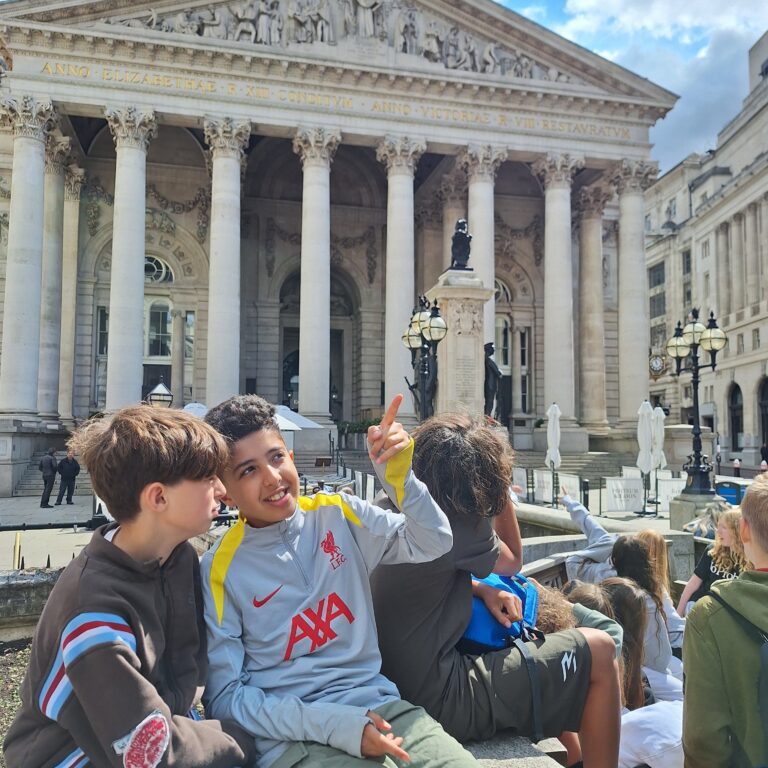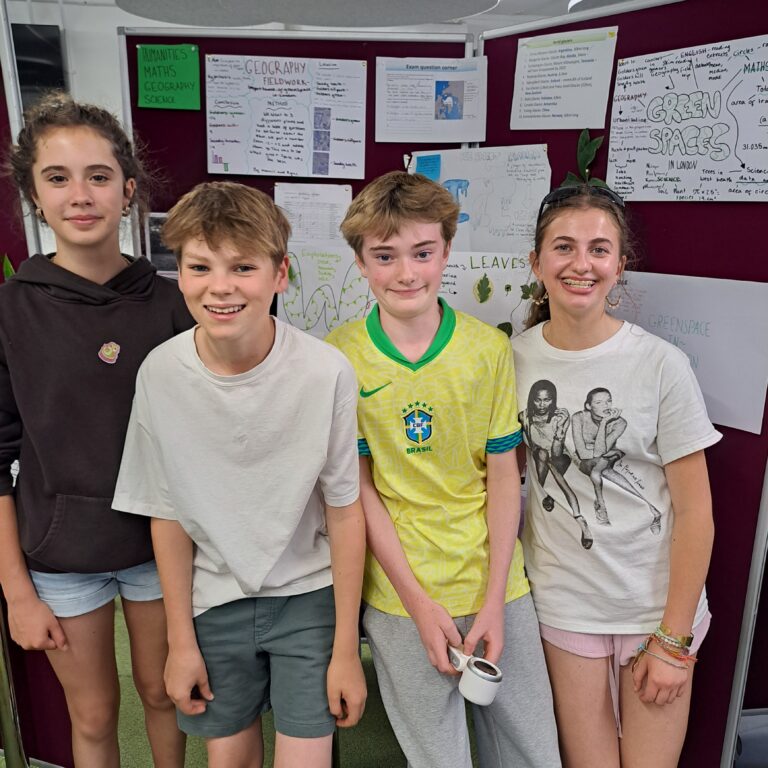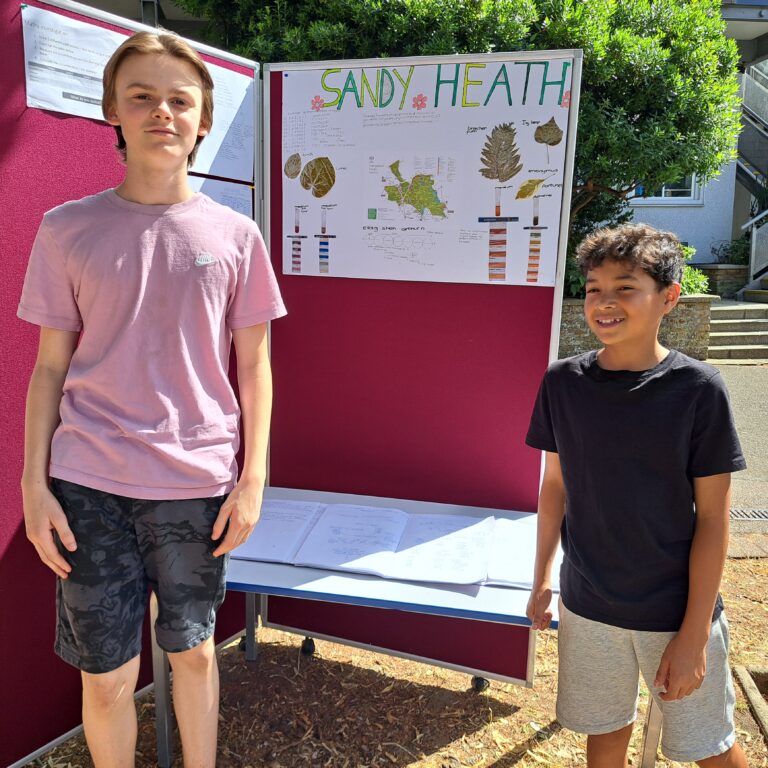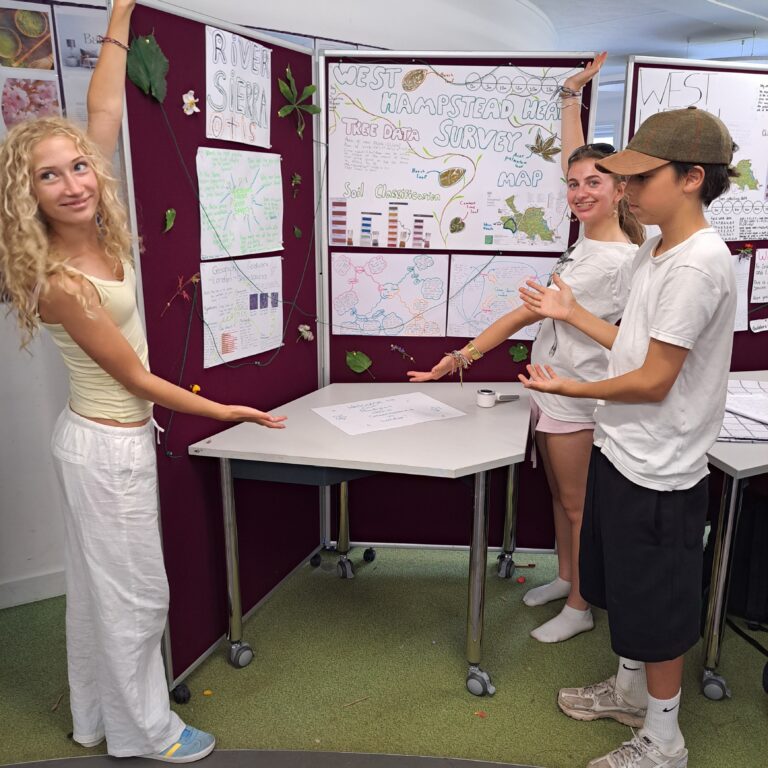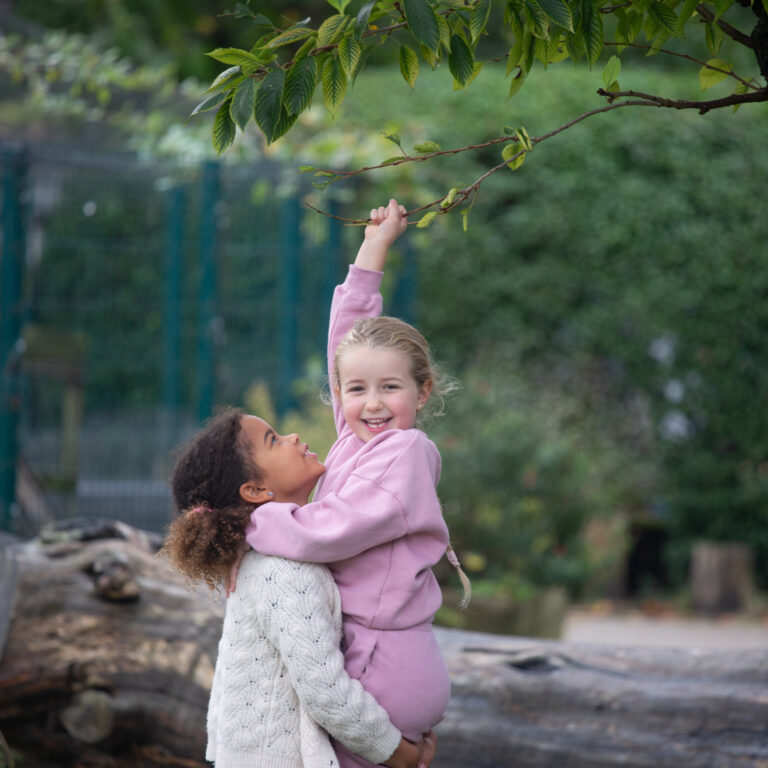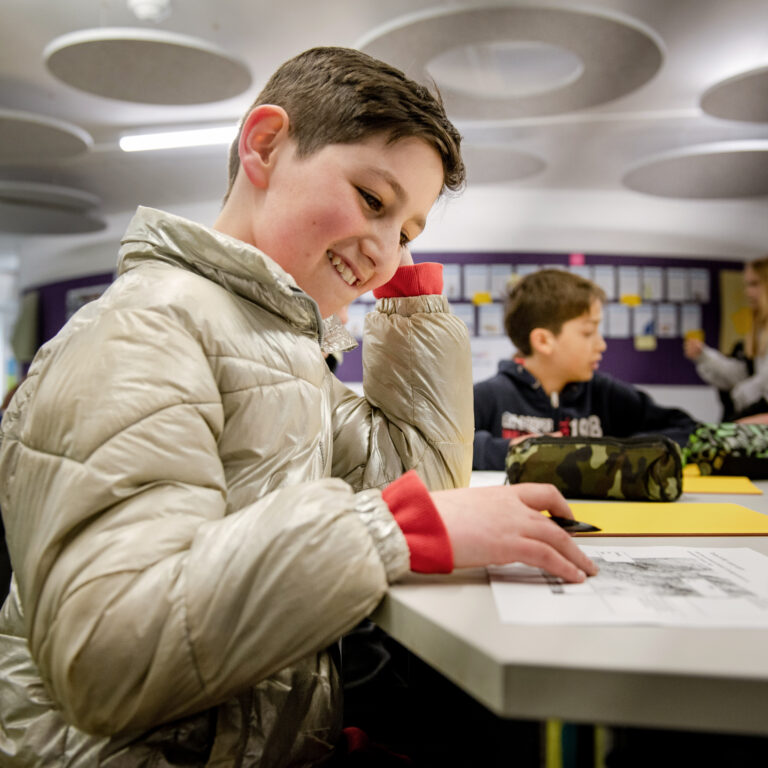Walking through history, stepping into nature: Summer Explorations at KAS
6th August 25
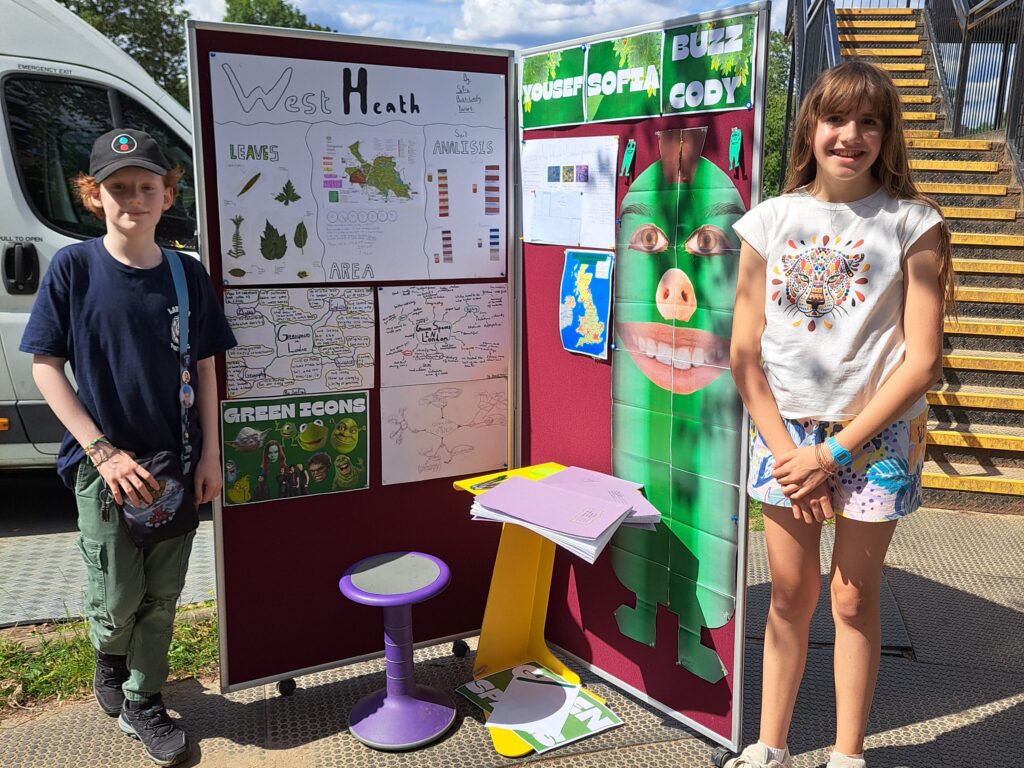
This Summer Term, students in Years 7 and 8 tackled two very different – but equally important – questions in their termly Explorations projects:
-
Year 7: “How should we commemorate events that we are not proud of?”
-
Year 8: “Why are green spaces important in London?”
Explorations are term-long, cross-curricular projects for Years 6–8, designed to blend subjects, spark curiosity and build skills in research, creativity, and collaboration.
Year 7: Slavery & The City
On a sunny Friday, Year 7 took part in an illuminating walking tour through the City of London, uncovering its historic ties to the transatlantic slave trade and the abolitionist movement. Along the way, students:
-
Visited sites and institutions linked to slavery, including the Bank of England and The Guildhall;
-
Learnt about key figures and pivotal moments in abolition, such as John Newton, author of the hymn Amazing Grace;
- Reflected on Gilt of Cain, a sculpture by Michael Visocchi featuring words by poet Lemn Sissay;
-
Discussed how major City institutions have apologised for their role in “an appalling and shameful period of English history” and how they are seeking to make amends.
The day offered a powerful opportunity to connect classroom learning to the city’s streets and monuments, encouraging students to think critically about how history is remembered.
Year 8: Green Spaces Exhibition
For their project, Year 8 combined Geography, Science, Maths and English to explore the development and importance of London’s green spaces. Their work included:
-
Studying urbanisation and London’s geology
-
Conducting fieldwork and analysing environmental data
-
Examining historical texts to understand the origins of these spaces
The project concluded with a vibrant exhibition – some displays fittingly set outdoors – showcasing insights into biodiversity, ecosystems and the history of Hampstead Heath. Students demonstrated not only their subject knowledge, but also creativity, teamwork, and communication skills.
Both year groups proved that learning extends beyond textbooks, whether by confronting difficult chapters of the past or uncovering the natural treasures woven into the fabric of London today.



